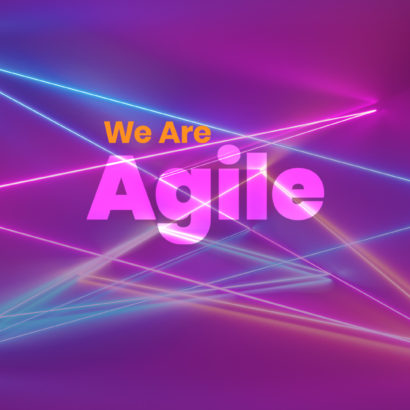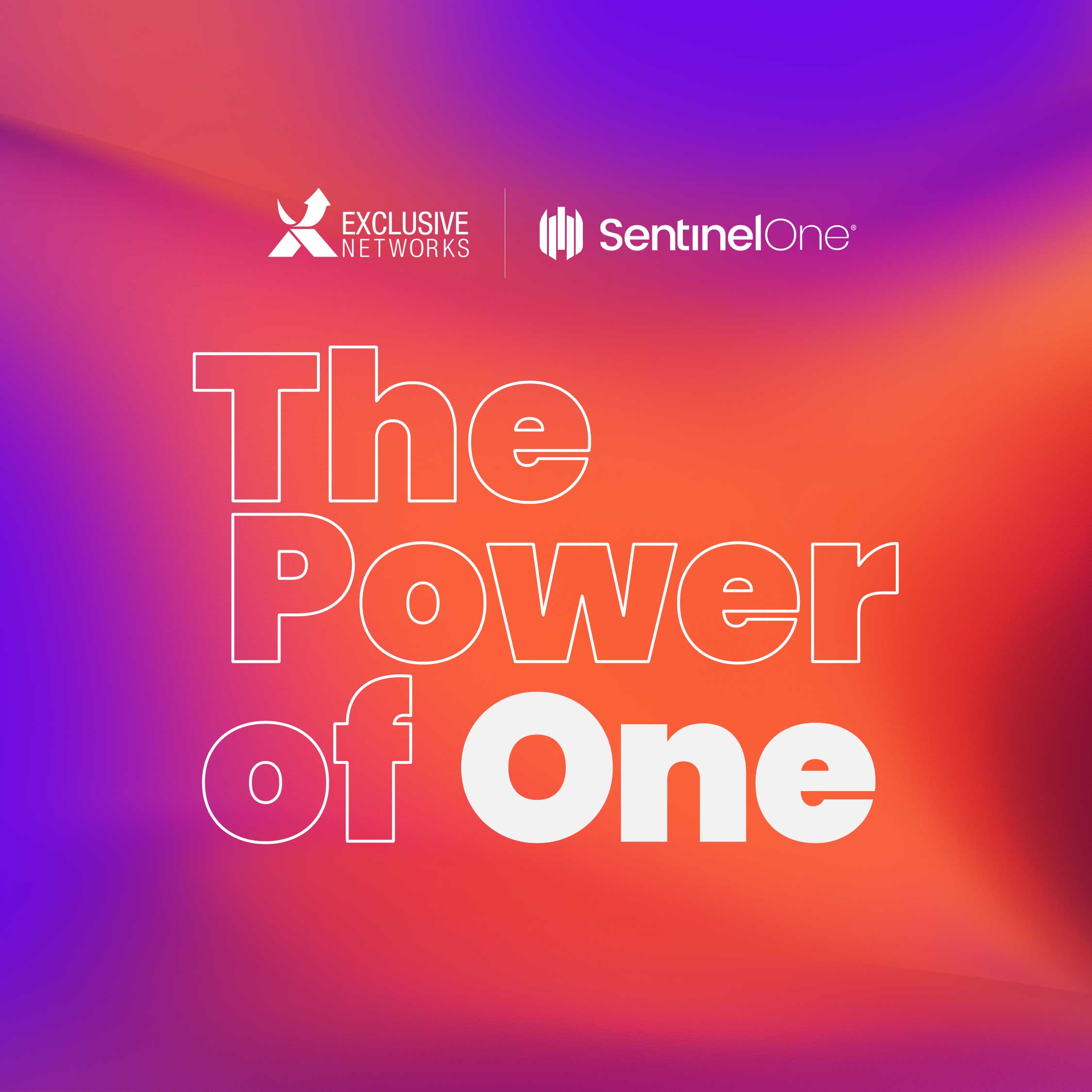
Lots of traditional IT distributors are suffering, in many cases being bought out by larger competitors or even going out of business completely. The result of this feeding frenzy is a market landscape with fewer VADs, and I hear that resellers and vendors alike are very worried that this could mean less competition and rising prices for little or no value.

I wanted to advocate, just like Dory and the sharks in the ‘Finding Nemo’ film, that distributors are friends, not food.
Just like fish, VADs are a part of an important eco-system where all the species make a contribution and all extract value too. The whole thing is mutually beneficial, and if it isn’t then the eco-system itself may not survive. VADs seem to be getting squeezed from both sides, forcing them to reduce the value services they can provide in order to get cost of sale models that work. This is pulling the eco-system out of balance, and unnatural things are starting to happen. It’s like a snake eating its own tail: death is inevitable. I hear horror stories of VADs doing deals at cost plus 2, 3 or 4% margins. When you take off so-called ‘back-end rebates’ negotiated by the some of the larger SIs, you don’t need to be Einstein to understand where this will eventually lead; fewer services, off-shoring of resources and account management, huge cost reduction programmes, lower calibre people, the list goes on…
The result is the ‘dead cat bounce’ effect. VADs may claw back a couple of percentage points relocating their quotation team somewhere cheap, and you may get a ‘bounce’ in the health of the business, but ultimately the cat will still be dead. And so are the distributor business models that get caught in this spiral.
But let’s not put all the blame on everyone else; VADs should take responsibility for their actions as not all value-added disties have earned the right to call themselves ‘value-added’ which, in my view, also undermines the sensitive make-up of channel eco-systems.
The evolution of VADs came from the need to provide a kind of proxy vendor role that accelerates sales success through well-resourced and intelligently composed technical pre-sales and other services, ongoing 24/7 support and marketing-driven business development, demo kit investments and sales lead generation. I have lost count of the vendors whose eyes light up at this wealth of market-making value, only to turn around later and question whether it can be substantiated by giving up a few more points on margin. Similarly, of the VARs and SIs who benefit from lucrative opportunities through disruptive, new technologies – only to claim afterwards that all distribution ever does for them is ship product to the right place at the right time.
Make no mistake – no one benefits from weakening the pure-bred VAD species. This only leads to a monopoly of parasites to take their place.
Small, emerging VADs tend to focus on specific market segments and deliver extraordinary insight and commitment into their role, though they lack the scale to support bigger requirements. Relevance is their strength. History shows us that, at the other end of the spectrum, mammoth-sized broadliners have the opposite problem; lots of global scale but little, if any, value-creating instincts – and no relevance at all. Exclusive Networks and BigTec are unique in bucking this trend, and I believe that, in time, others will attempt to emulate our never-been-done-before project of delivering scale AND value; going global while staying local.
And I make another prediction: that we will see more in the way of sole/exclusive distribution agreements between VADs and vendors. Why? Because this enables available resources to be focused entirely on sales success, benefiting reseller partners with the fruits of a monogamous partnership. In this way, vendors (and resellers) will benefit from the present lack of inter-distributor competition, reducing the costs of sale and encouraging more investment in strategic rather than tactical planning.
So be careful what you wish for, because an alternative future might just come true. Scale on its own is not value, and neither do multi-distributor channel models automatically translate competition into tangible benefits. Vendors and VARs alike should wise up to this. Without distribution exclusivity, a landscape of fewer VADs means the broadliners will have even less incentive to promote value, and more power to extract greater margins, with all the costs falling on the VARs and vendors. Our eco-system will be damaged beyond recognition.
Exclusivity offers a brighter future. Not only has this been at the core of our unique outlook for more than 10 years; it is one of the main reasons for our unprecedented success!

